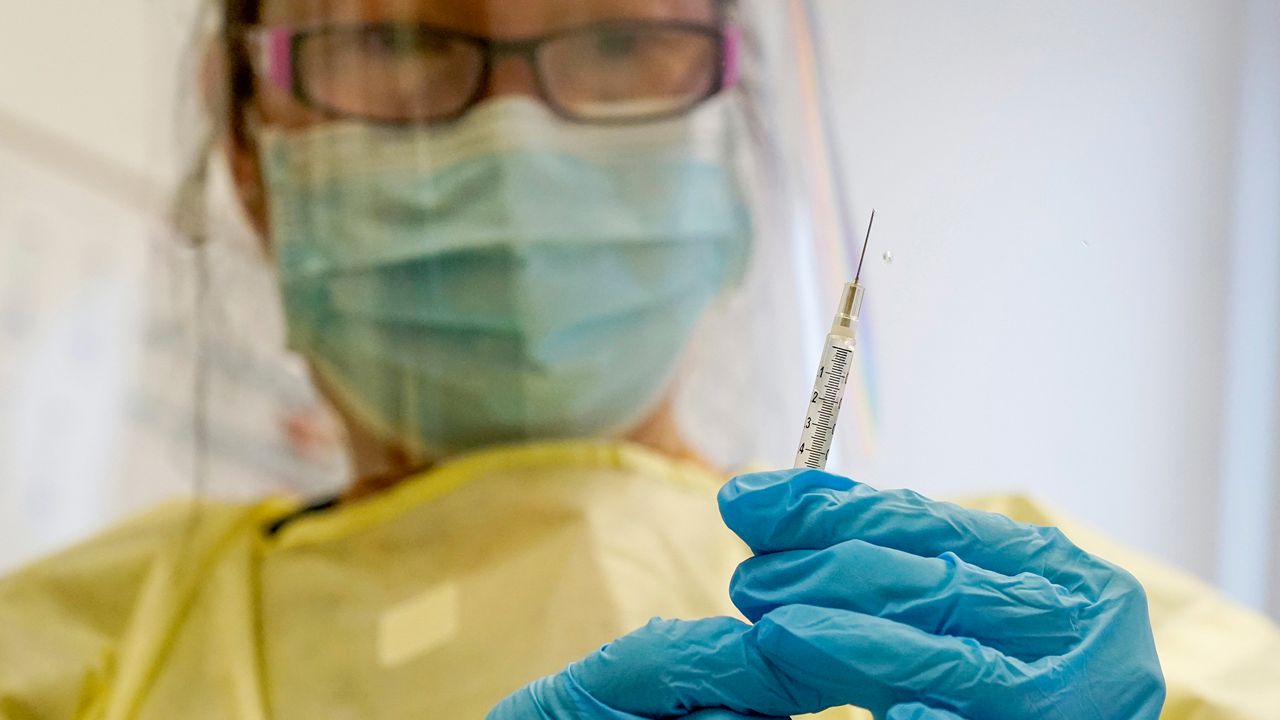
UConn Health’s Dr. Jaime Imitola addresses cultural barriers in MS care with new bilingual resources
UConn Health’s Division of Multiple Sclerosis and Translational Neuroimmunology is led by Dr. Jaime Imitola, who has collaborated with medical students and other institutions to create a new bilingual resource for patients, providers, and future providers. The goal of this resource is to overcome cultural barriers that may hinder early detection and intervention for multiple sclerosis (MS).
Dr. Imitola emphasizes the importance of the first 15 months of the disease, stating that whatever happens during this period can have a significant impact on an individual’s trajectory 15 years later. He introduces his “VISIBL-MS” tool on the latest UConn Health Pulse podcast, which aims to make MS more visible to those affected. The tool is designed to help improve patients’ trajectory by addressing cultural barriers that may hinder early detection and intervention.
For more information about VISBL-MS, you can read about it on UConn Today. It’s important to raise awareness about MS and provide resources to support patients, providers, and future providers in identifying the signs of the disease early on. Dr. Imitola’s work highlights the significance of overcoming cultural barriers to improve outcomes for individuals with MS.
In addition to VISBL-MS, Dr. Imitola has also collaborated with other institutions to create new resources for individuals with MS. For example, he has worked with UConn medical students to develop educational materials that are tailored specifically for Spanish-speaking patients. These materials include brochures, videos, and a mobile app that provides real-time access to information about MS.
Overall, Dr. Imitola’s work underscores the importance of addressing cultural barriers in healthcare settings. By creating resources that are accessible and understandable for diverse patient populations, healthcare providers can help ensure that everyone receives the care they need to manage their health conditions effectively.
In conclusion, Dr. Jaime Imitola’s work at UConn Health’s Division of Multiple Sclerosis and Translational Neuroimmunology is making a significant impact on healthcare outcomes for individuals with MS by addressing cultural barriers in healthcare settings. Through collaborations with medical students and other institutions, he has created new bilingual resources such as VISIBL-MS that are helping patients recognize early signs of MS so they can intervene promptly before disability sets in or progression occurs.
As awareness about MS grows and more resources become available, it becomes increasingly important for healthcare providers to be equipped with tools like VISIBL-MS that address these cultural barriers head-on. With more effective communication between patients and providers, we can improve outcomes for individuals living with MS while also reducing healthcare costs associated with treating late-stage disabilities caused by untreated or delayed diagnosis

